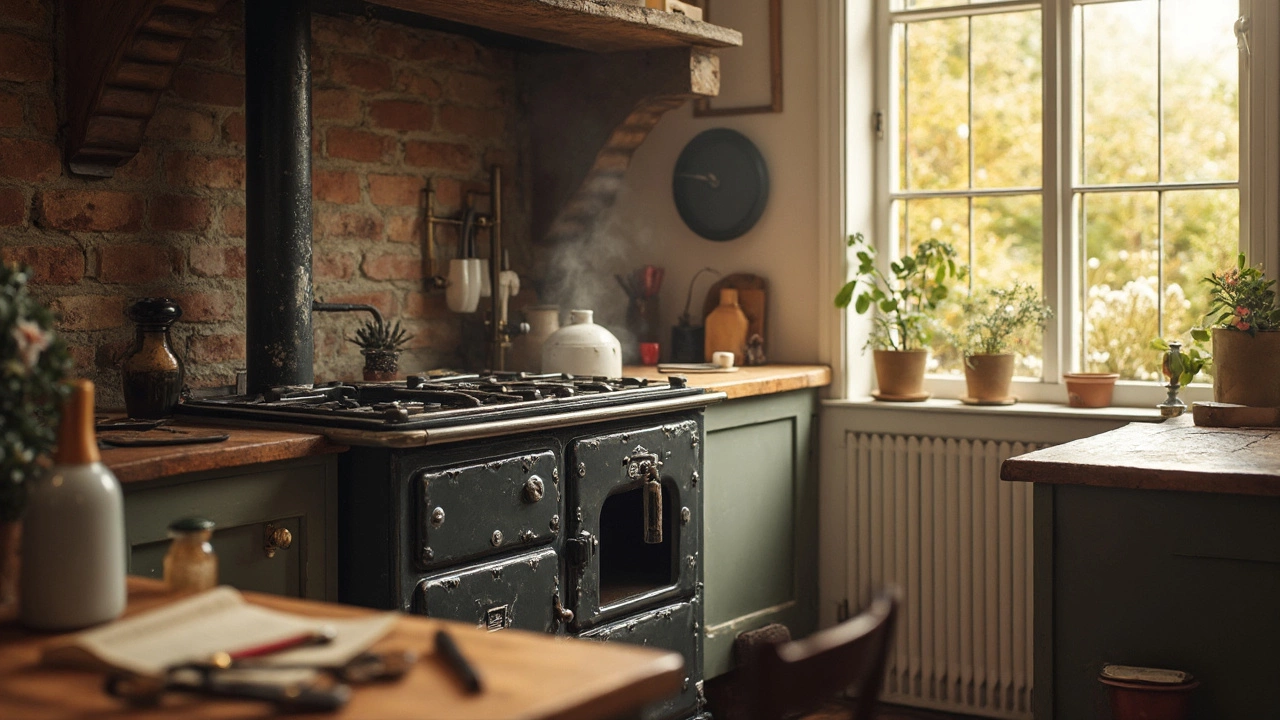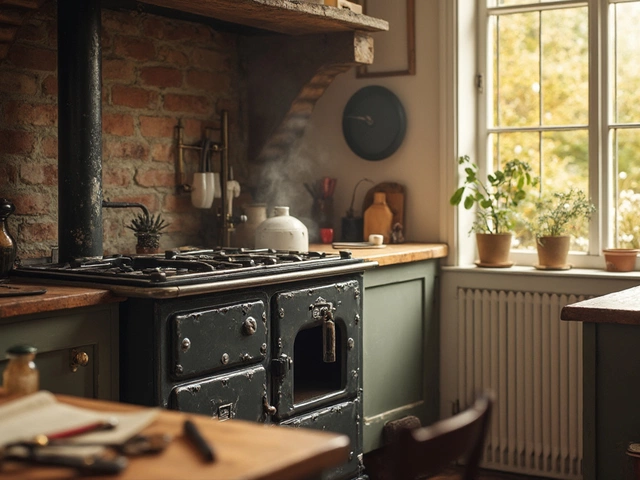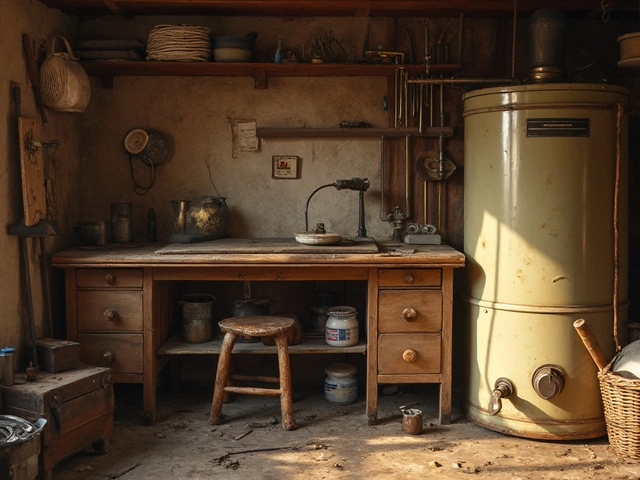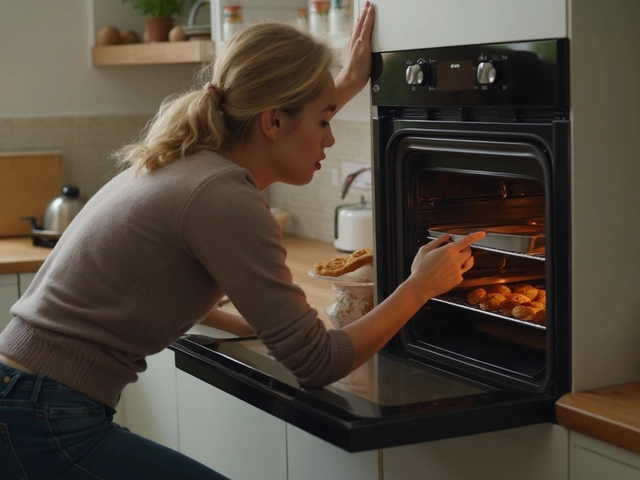Got a gas boiler making weird noises? Or a kitchen stove that won’t light? You’re not alone. Gas appliances are tough when they act up, but most issues have simple fixes you can try before dialing a pro. Below are the basics – safety checks, quick troubleshooting, and clear signs you need a qualified engineer.
First things first: never ignore safety. Turn off the gas supply at the valve if you smell a strong gas odor or hear a hissing sound. Open windows for ventilation and avoid using any switches or lights that could spark. If the smell persists after you’ve closed the valve, call the gas provider immediately – it’s better to be safe than sorry.
Boiler not heating – Check the thermostat is set higher than the room temperature, make sure the pressure gauge reads between 1 and 1.5 bar, and bleed any trapped air from radiators. If the pilot light keeps going out, the thermocouple may be dirty or worn out; cleaning it with fine sandpaper often restores the flame.
Gas oven won’t ignite – Look at the igniter. A cracked or discoloured igniter usually won’t spark. Swap it with a spare if you have one; otherwise, a quick call to a technician will save you a broken oven.
Stove burners staying off – Make sure the burner caps are seated correctly. Misaligned caps can block gas flow. Clean out any food debris from the ports; a toothbrush works wonders. If the flame is yellow or sputtering, the air‑to‑gas mix is off – that’s a job for a certified engineer.
When you’ve tried these steps and the problem sticks, it’s time to call a professional. Gas work is regulated for a reason, and a Gas Safe registered engineer can safely replace parts, test for leaks, and ensure your appliance complies with current standards.
Regular maintenance can stop most breakdowns. Schedule an annual boiler service, clean oven igniters, and wipe burner ports after each use. Keeping a simple log of service dates helps you spot patterns and plan ahead.
Remember, a well‑maintained gas appliance is not only more reliable but also more efficient, saving you money on energy bills. A bit of DIY care now means fewer surprise call‑outs later.
Got more questions? Whether it’s about a gas grill, a water heater, or a brand‑new installation, start with the safety checklist, try the easy fixes, and then reach out to a qualified professional if you’re unsure. Your gas appliances will thank you with steady, safe performance.

Repairing a gas oven might seem daunting, but it's often worth the effort. This article explores when it's practical to repair versus replace, common issues, and cost-effective solutions. Learn helpful tips, find out if it’s a DIY fix, and consider important safety aspects. Discover how to make an informed decision that saves money and hassle.

Repairing a gas oven might seem daunting, but it's often worth the effort. This article explores when it's practical to repair versus replace, common issues, and cost-effective solutions. Learn helpful tips, find out if it’s a DIY fix, and consider important safety aspects. Discover how to make an informed decision that saves money and hassle.

Struggling with a troublesome boiler? Discover the most frequent issues like lack of heat, strange noises, and leaking water. Learn practical tips and tricks on how to diagnose and fix these problems on your own. Recognize when it's time to call a professional and keep your home warm and comfortable.

Wondering how long your water heater should last? This article dives into the expected lifespan of various types of water heaters, factors impacting their longevity, and signs it might be time for a replacement. With practical tips on maintenance, you can extend the life of your heater and avoid breakdowns. Learn what to watch out for to ensure you have hot water when you need it, without unexpected surprises.

Thinking about fixing your 7 year old refrigerator? This article breaks down the real costs, reliability, and what you should watch for before you pay for repairs. You’ll find clear tips on when it’s smarter to repair or replace, how much you’ll likely spend, and some key things most people forget to check. Get the real scoop from an expert so you don’t waste time or money.

Struggling with an electric oven that isn't doing its job? This article guides you through common problems you might face with your electric oven, from strange noises to uneven cooking. You'll learn specific symptoms to watch for and practical ways to check what's wrong before calling a professional. Discover tips to keep your oven running smoothly and avoid kitchen headaches. No complicated jargon—just real advice that actually works.